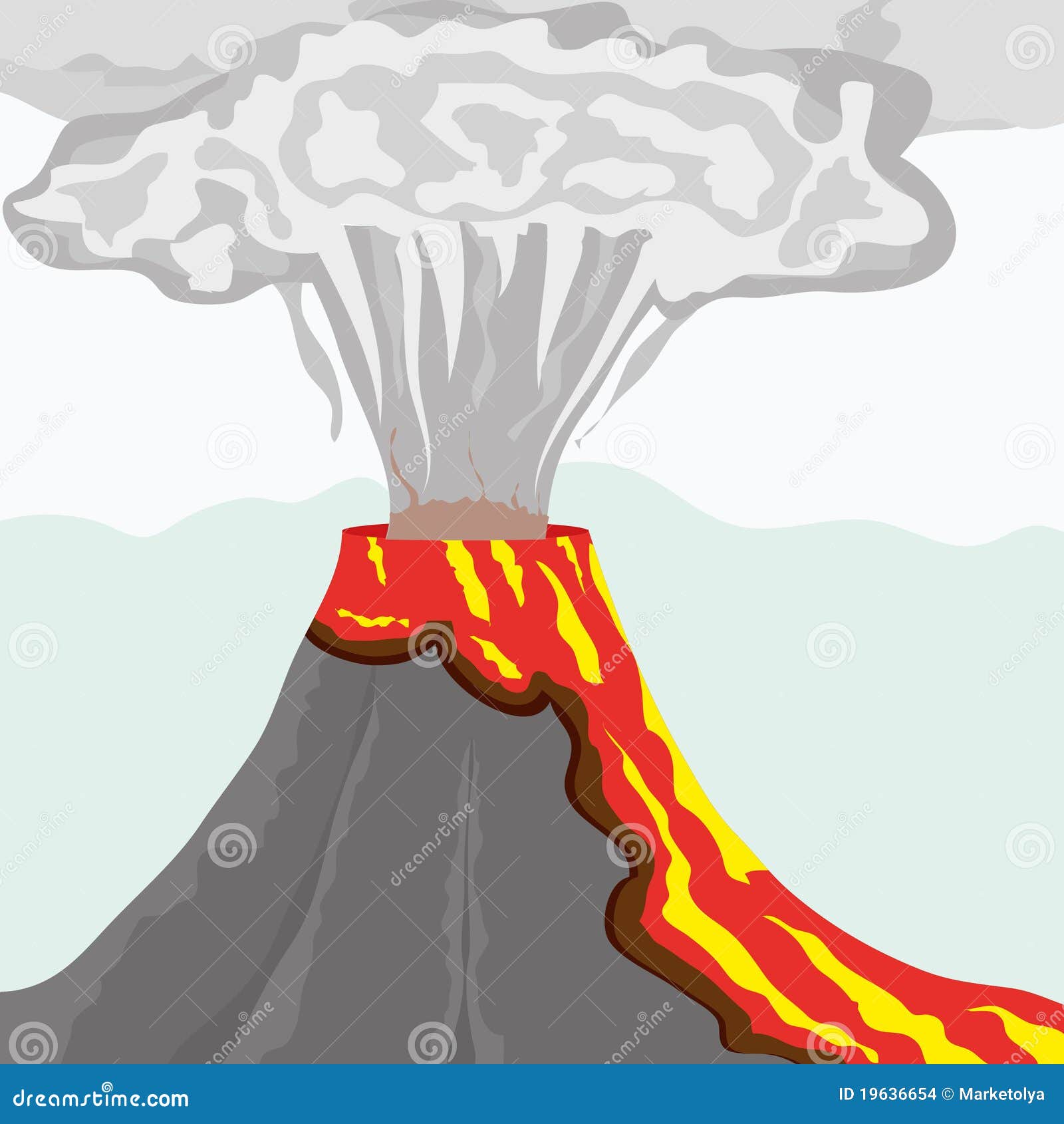We will have a parent meeting 0n Monday, February 22, 2021 at 10:00 am regarding Hybrid.
Supply Pickup
All fourth grade will be distributing students supplies on Tuesday, September 8, 2020 from 1:30-2:00 from door 17.
Orientation
The Lowrey team has worked extremely hard to create well-balanced student rosters-taking into consideration the needs of all students as a whole and individually. If you would like to share specific information about your child and/or your family’s needs, please contact your child’s teacher. Our wonderful teachers are accommodating and understand that this is a difficult time for all our families. Please stay tuned for more information (including date/time) regarding orientations as it will look different this year. We will implement a curbside/drive-up orientation that will entail meeting the teacher and material/supply pick-up. Virtual orientation will also be available.
Attendance
Start and end times have been changed for remote learning. The new times for remote learning are 8:15 am-3:10 pm on full school days and 8:15 am-11:10 am on half days. Students will be expected to be online learning live with their classroom teacher.
Lowrey Elementary & Middle School Newsletter
Click on the 2020-2021 school year calendar. The first week of school has been amended to all half days to provide teachers with additional planning and collaborative times.
Chromebook Distribution
We have been told to stay-at-home to minimize the potential of spreading COVID-19 (Safety first.) For that reason, the district is planning to distribute Chromebooks once again to families in a safe manner. You must come to the school on Wednesday, September 2nd to borrow a Chromebook from our school to ensure your child is able to attend classes online this year. Every child will need their own device while learning is taking place virtually.
Welcome Back!
Welcome to the upcoming 2020/2021 school year at Lowrey School! I hope you all enjoyed your summer break relaxing with your family, friends, and neighbors. I am truly excited to start off another great year at Lowrey School and I am looking forward to continuing our journey as “Growing learners” together. Each new school year is always exciting as we meet new students, renew friendships, and start another great season of learning. This year, school will look a little different then the “Normal” that we are all used to; Although, we will proceed to our fullest potential putting students first as always. As we begin the new year, we must recognize the importance of how our students will need support from both home and school. A strong partnership with you will make a great difference in your child’s education; Therefore, I look forward to a productive partnership with you to ensure your child can achieve their highest potential. Please click on the link and read the expectations for parents, students, and teachers as we begin the new school year.
Extra Practice Websites
https://parcc.pearson.com/practice-tests/math/ (Copy and Paste) M-Step Link
Volcano Facts
Volcano Facts:

–What is a Volcano?
Volcanoes are holes in the Earth from which molten rock, gas and ash erupt. Magma is the name for molten rock mixed up with gas and sometimes gas bubbles, whilst it is still under the ground. Lava is the name for when it breaks through the Earth’s surface, and you probably know this already, but lava is seriously hot. When we talk about erupt it means to burst out in a rather dramatic way!
The Earth’s surface, called the crust, is made up of huge slabs called plates. They fit together like a jigsaw puzzle. When these plates move and crash against each other the one that slides underneath is pushed down and magma squeezes up between them and rises to the surface of the earth. This then makes bubbles of gas which can cause pressure to build up and eventually explode
–What causes Volcanoes?
Volcanoes happen when magma rises to the surface of the earth, which causes bubbles of gas to appear in it. This gas can cause pressure to build up in the mountain, and it eventually explodes. When the magma bursts out of the earth, it is called lava.
–How are Volcanoes Formed?
Way deep down in the Earth, in the Earth’s upper mantle, you’ll find magma, debris and gases. When magma works itself up through the Earth’s surface it erupts through a vent to create lava flows and ash deposits. It is one of nature’s unbelievable natural events.
–Why do Volcanoes Erupt?
The Earth’s crust is made up of huge slabs, and these are called plates. Think of them like a massive big jigsaw puzzle where the pieces all fit together. Sometimes these plates move. This causes friction. When there is friction then this causes earthquakes and volcanic eruptions of the plates. This theory is called plate tectonics.
|
Type of Volcano
|
Shape
|
Height
|
Slope
|
|---|---|---|---|
|
Cinder Cone, AKA Scoria Cone
|
Symmetrical cone
|
Up to 1,200 feet (370 meters)
|
30-40 degrees
|
|
Shield
|
Tall and broad
|
Up to over 30,000 feet (9,000 meters)
|
Roughly 10 degrees near the base and 5 degrees near the top
|
|
Composite, AKA Strato
|
Tall, steep, and symmetrical
|
Up to 8,000 feet (2,400 meters)
|
Roughly 6 degrees near the base and roughly 30 degrees near the top
|
|
Lava Dome
|
Dome
|
Up to 330 feet (100 meters)
|
25-30 degrees
|